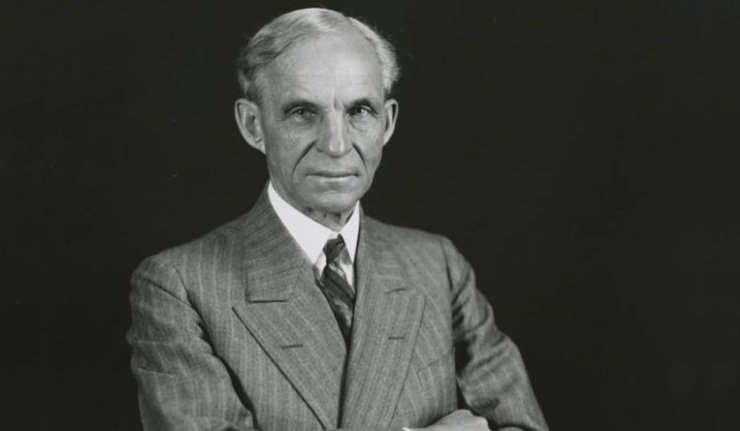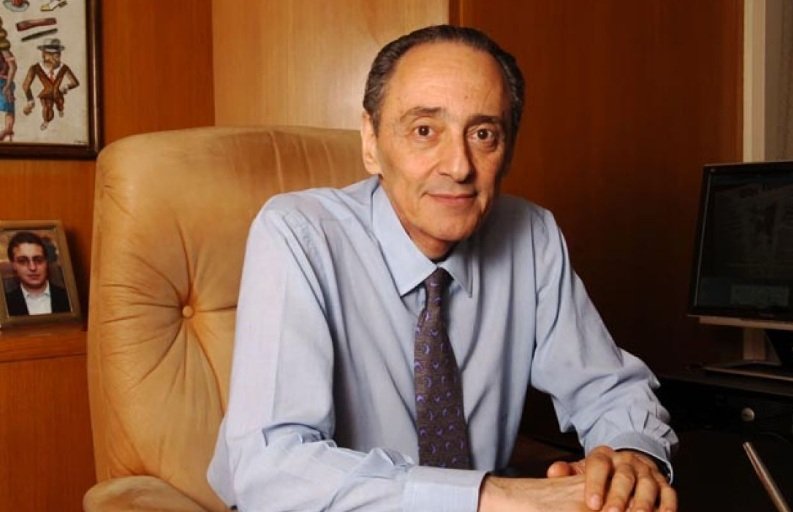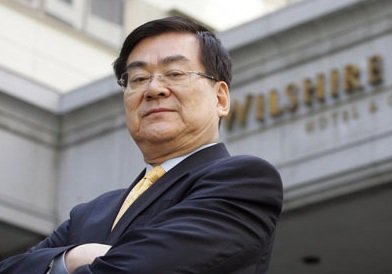Henry Ford (July 30, 1863 – April 7, 1947) was an American industrialist, the founder of the Ford Motor Company, and the sponsor of the development of the assembly line technique of mass production.
Ford: the origin of mass production
Although he did not invent the automobile or the assembly line, he developed and manufactured the first car that many middle-class Americans could afford to buy. In doing so, he transformed the automobile from an expensive curiosity into a practical conveyance that profoundly impacted 20th-century life. His introduction of the Model T revolutionized transportation and American industry.
As the owner of the Ford Motor Company, he became one of the richest and best-known people in the world. He is credited with «Fordism»: mass production of inexpensive goods coupled with high wages for workers. Ford had a global vision, with consumerism as the key to peace.
His intense commitment to systematically reducing costs resulted in many technical and business innovations, including a franchise system that placed dealerships throughout most of North America and in major cities on six continents.
The automobile company
He left most of his vast wealth to his namesake foundation and arranged for his family to retain permanent control of the company.
In 1891, he became an engineer with the Edison Illuminating Company. After his promotion to chief engineer in 1893, he had enough time and money to devote attention to his personal experiments with gasoline engines. These experiments culminated in 1896 with the completion of a self-propelled vehicle he called the Ford Quadricycle. He tested it on June 4. After several trials, he himself brainstormed improvements for the Quadricycle.








